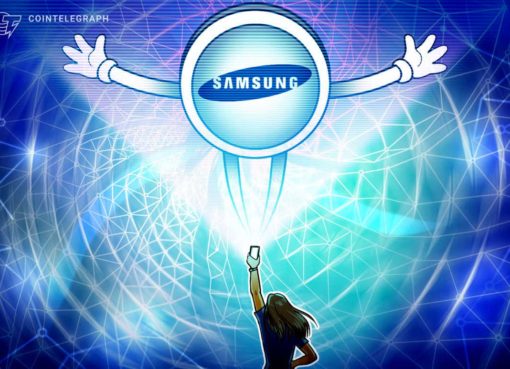Cardano inventor and IOG CEO Charles Hoskinson has celebrated the production of the platform’s first “quantum block”. Created by Cardano’s stake pool called Onyx, the operator claimed to have successfully used an algorithm on the IonQ quantum computer.
The stake pool operator has set out to use this technology to give Cardano’s blockchain a source of “true entropy.” On April 4, the operator posted the following message via its Twitter account:
Success! I have sampled 32k random bits from an eight-qubit circuit with Hadamard gates on the Rigetti quantum computer! This is now the first candidate data block for the entropy infusion into the Cardano blockchain!
Amazing to see cardano’s first Quantum block https://t.co/F2sqZBSQUm
— Charles Hoskinson (@IOHK_Charles) April 4, 2021
Benefits for Cardano’s blockchain
Promising to provide further updates shortly, Onyx’s operator confirmed that adding “true” entropy to Cardano’s blockchain will allow the platform to be more secure and resistant to tampering by bad actors.
One of the use cases for this technology could be “Tamperproof slot leader selection”. Stake pool Onyx has 4 pools. The first one has 46,458,456 funds in ADA and a lifetime ROA of 5.03% with 1,800 delegators and 55 blocks produced.
The remaining pools have more than 30 million ADA and a lifetime ROA of between 5.1% and 5.5%. The operator claimed to have implemented the Practical randomness and privacy amplification approach developed by researchers at Cambridge University and Imperial College London.
According to their research, the implementation of this approach was created to reduce the execution of this process’s complexity to a linear level. In that way, accessible tools can be used to implement it. The investigation claims:
We have presented the first complete implementation of a protocol for randomness and privacy amplification. The setup, parameters, randomness post-processing, and statistical analysis were all optimized for real-world quantum devices. Our protocol has linear rates in the runtime of the quantum device and maximal noise tolerance. The randomness post-processing was also tailored to the task of randomness and privacy amplification.
ADA is trading at $1,19 with 1.3% gains in the 24-hour chart. In the weekly and monthly chart, ADA has 0.3% and 2.6% gains, respectively.




